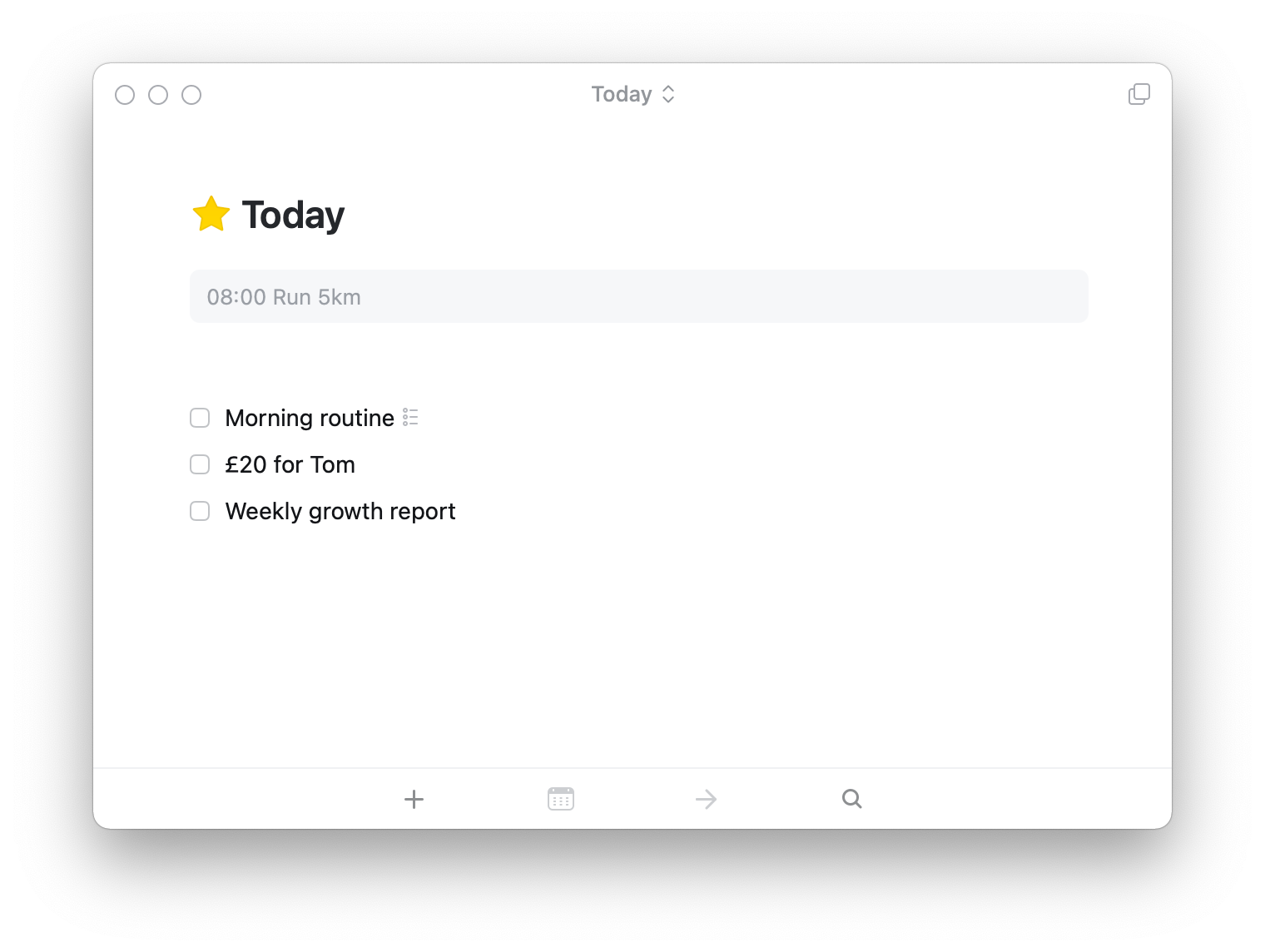I’ve been away for a week, and whenever I travel I tend to find time to pause a little.
I love to stop and break from routine every now and then.
Being in a different place gives an incredible opportunity to see how different people and different cultures act differently. Perhaps more interesting is what stays the same across countries and cultures.
A realisation I’ve come to is that so much of the world we live in is built on the assumption, or perhaps the hope(?), that we don’t stop to think.
Don’t stop to think about where the ham in your ham sandwich comes from.
Don’t stop to think about why that t-shirt is only £4.
Don’t stop to think where that plastic water bottle will end up after you’ve used it.
Don’t stop to think what that packet of crisps will do to your body.
We live in a world where we are surrounded by nudges — both big and small — to act in a certain way.
It’s normal to buy a plastic-wrapped cheese and ham toastie at the airport.
It’s normal to buy clothes from Primark.
It’s normal to drink a plastic bottle of Coca Cola.
But today’s normal won’t be normal forever.
It once was normal to smoke cigarettes. It once was normal to drink pints of ale all day.
You don’t have to act like today’s normal is OK. You don’t have to accept “what everyone else does” as the only way.
To change the world for the better takes awareness and understanding. But it also takes courage.
Changing the world starts with the smallest of questions and individual decisions.
Other things
Jony Ive (who previously led design at Apple) gave a wonderful interview with Patrick Collison at Stripe Sessions this week.
It’s wonderful to see Jony making a few more public appearances lately. His opinions and thoughts are greatly needed as a counterbalance in the world of technology today.
A few comments that really stood out to me:
- While you may not always sense care in a product, you tend to sense carelessness.
- Finishing the back of the cabinet: it’s what we do as makers when no one is looking. That’s why it matters.
- What often kills ideas is people’s urge to express their opinion.
- Make things for your colleagues. It could be breakfast, a cake, or a tool or product. That’s how you can care for your fellow workers.
- There is more to making a product than to deliver something functional. We owe it to our species to do more than that. To do otherwise is a waste.
- Everyone can have an opinion on design. That is easy. But that does not mean everyone’s opinion should be treated equally.
- The worst place to make product decisions is in a conference room! Nobody has ever wanted to spend more time in
